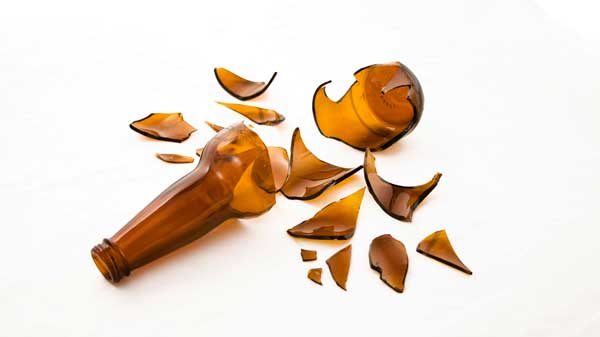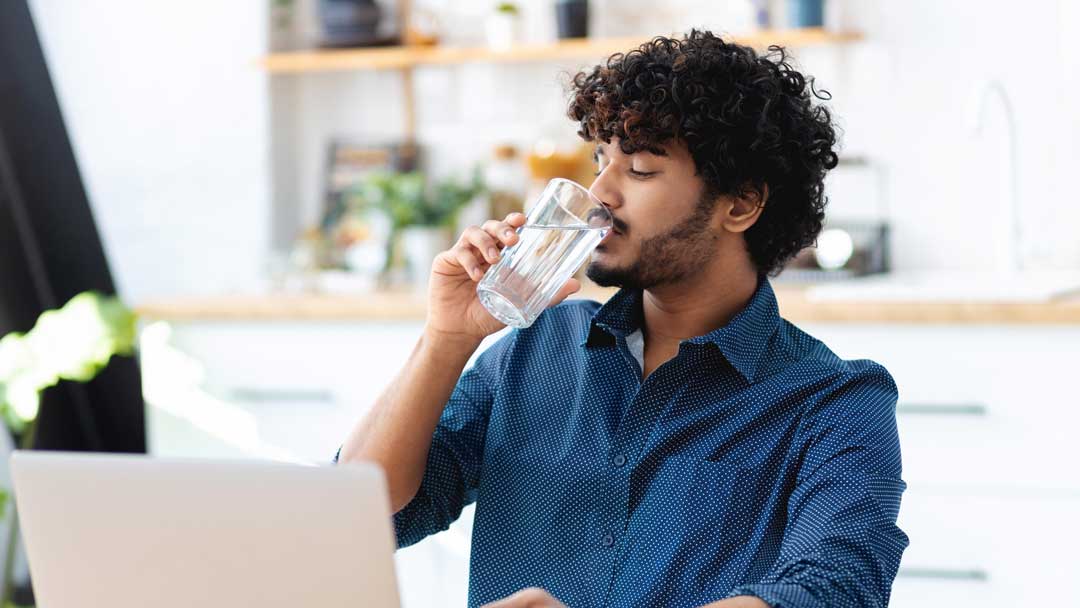A lot of people know the liver removes toxins from your body, but it can do so much more than that. Not only is it one of the only organs that have the regenerative powers of Deadpool, but also, if you think of your body as a car, your liver would be the engine—it’s the power source of the body.
Here’s what you need to know about maintaining a healthy liver, how to make your liver healthy again if needed, and the different roles it plays.
What does the liver do?
The liver performs hundreds of vital bodily functions. Yes, it removes harmful substances, but that’s just the tip of the iceberg. Here are a few of the liver’s most important roles:
- Digestion – The liver helps support proper digestion. It’s where bile is produced, and bile is a fluid that is essential in fat absorption. If the liver isn’t working correctly, your digestion won’t either.
- Maintaining metabolic balance – One of the liver’s many jobs is maintaining metabolic homeostasis, which means balancing oxygen and glucose uptake. For example, the liver will ensure there’s not too much or too little glucose in your bloodstream. It creates the right balance for optimum performance.
- Protein and hormone creation – The liver synthesizes proteins and hormones, which perform important bodily functions.
- Reducing inflammation – There is a protein produced by the liver that can help reduce chronic or low-grade inflammation. This protein has anti-inflammatory and cell-protecting properties.
- Neutralizing toxins – The liver helps eliminate toxins from your body. It breaks down toxins and harmful substances so they can be excreted.
With all the work the liver does, you’ll want to take care of it. One of the ways you can help protect your liver health is by drinking less alcohol.
Alcohol is a foreign substance and doesn’t naturally occur anywhere in your body. Regularly consuming a lot of it puts your liver into overdrive while trying to break it down and get rid of it. There is only so much alcohol your liver can detoxify at a time. And, over time, your liver loses the ability to process alcohol if you often drink excessively.
The regenerative superpower of the liver
Your liver shares the same self-healing qualities as Marvel characters like Deadpool or Wolverine. It’s one of the only organs that can regenerate itself. The cells in the liver can change and divide until it’s restored to normal size, which means it can heal itself even after experiencing damage.
However, it does depend on how much damage has been done. If the damage is not extensive, your liver can heal in a few weeks to a few months. Your best chance to activate those regenerative powers is before you develop any long-term issues like fibrosis, cirrhosis, and fatty liver disease.
Now that you know how important your liver is, you’ll want to keep your alcohol consumption in check. Excessive alcohol can worsen conditions like high triglycerides, high blood pressure, fatty liver, gout, obesity and diabetes. Drinking in moderation is essential to keeping your liver healthy.
Here’s how you can make your liver healthy again
The liver is pretty amazing and plays a vital role in many bodily functions. So what can you do to help take care of it? Here are some ways to maintain or heal a healthy liver:
Drink less alcohol

Drinking less doesn’t have to be about slamming on the brakes; it can be about easing up on the gas pedal. Men who excessively drink alcohol may be more susceptible to alcohol-related liver damage. So, here are ways to cut down on alcohol consumption:
Connect with friends without drinks: Going to the bar to watch the game is fun but makes it hard to cut down on drinking. Go for walks, play a round of golf, or go for a hike instead.
Identify your triggers: Knowing what triggers you to have a drink, like cracking a cold one after a stressful workday, can help you identify your habits. Once you recognize your triggers, you can start to find alternatives to reaching for a drink. Find out more about coping with stress without alcohol.
Avoid places where you feel pressured to drink: Drinking less is a habit that will develop over time. Until you’ve created a new habit, you may want to skip happy hours and avoid places where you feel pressured to drink.
Try non-alcoholic beer: Non-alcoholic beer has really come a long way over the last few years, especially with the boom of the craft brew industry. These days, they’re much tastier than they used to be. Check out our guide to tasty non-alcoholic beers.
Eat healthy snacks while you drink: You can chow down on veggies or hummus and naan bread when you’re drinking. It will give you something else to reach for instead of your glass. Plus, feeling full leaves you less room for that third beer.
Switch alcohol for exercise: Instead of reaching for a beer after work, take yourself for a walk or bike ride. You can get a similar good feeling from exercising as you can from drinking. Both alcohol and exercise release dopamine, which is the body’s feel-good hormone.
Measure your drinks: Here’s where a shot glass or a small wine decanter can be helpful. If you free pour, you’re more likely to overdo it. Keeping just 2 or 3 beers in the fridge at a time can also help. Being aware of how much you’re drinking will help you know when to call it a night.
Discover more tips on how to drink less.
Eat foods that help support a healthy liver
Just like a car needs oil changes and fluids, your liver needs good food to perform efficiently. Having a balanced diet is key to making your liver healthy again.
Here are some foods that will help keep your liver happy and healthy:
- Nuts: walnuts, almonds and cashews (unsalted is better)
- Legumes: beans, lentils and chickpeas
- Seeds: flax and pumpkin
- Fruits: peaches, berries, apples, oranges, and plums
- Vegetables: broccoli, cauliflower, asparagus, tomatoes, peas, and potatoes
- Proteins: eggs and fish (the easier to digest, the better)
- Whole grains
- Healthy oils: olive and avocado
- Herbs and spices: cumin, thyme, turmeric, black pepper
- Green tea
Eating the right foods helps, but you’ll also want to eat less of the foods that can harm your liver:
- Red meat as it’s harder for your body to digest
- Salty snacks and high-sodium condiments
- Processed foods and deli meats
- Foods high in simple sugars
- Undercooked or raw food may contain toxins that can harm the liver
Signs of an unhealthy liver
Some general signs of an unhealthy liver include:
- Tiredness, a lack of energy and general malaise
- Low-grade fever
- Confusion
- Nausea
- Digestion issues
- Yellowing of eyes and skin
If your car engine isn’t running properly and you ignore the signs, this can cause other problems with your vehicle. The same thing can happen with your liver. Leaving problems unchecked can lead to long-term issues such as:
- Increased risk of heart disease
- Increased risk of cancer
- Increased risk of diabetes
- Fibrosis or cirrhosis of the liver
- Fatty liver disease
- Becoming more prone to infections
- Easy bruising and bleeding
Thinking of your liver as the engine of your body is a good reminder of how important it is. And, with the proper maintenance and care, your liver will keep taking care of you.
Do you have tips that help you drink less alcohol? Share in the comments below.
Are You at Risk?
Learn your risk level for the most common men’s health conditions in 10 minutes with a free, confidential, and personalized report.



I Quit alcohol.
That is the best way to make your liver healthy again!
~ From the Don’t Change Much team
I had an EMG for my CARPAL SYNDROME & my right arm & hand are still tight &cold—no change—nerves still blocked, feelings still there !
any suggestions ?
Unfortunately we can’t provide specific medical advice for you in the comments here. The best thing to do is check-in with your GP. Best of luck!
~Canadian Men’s Health Foundation team member
I thank you for this information. It we’ll be good for me going forward . I thought I was eating healthy ,but I thank I can do even better with this info too . Thanks very much.
No – I’m a woman at 88 yrs old do not drink . Never have (odd time) . Eat basicly healthy foods. What sort of doc. do I see for this. Although this has happens rarely is it something to worry about.
The best place to start is with your family doctor or a walk-in clinic. There are also online options like, TELUS Health MyCare, where you can ask a doctor questions from the comfort of your home.
~Canadian Men’s Health Foundation team member